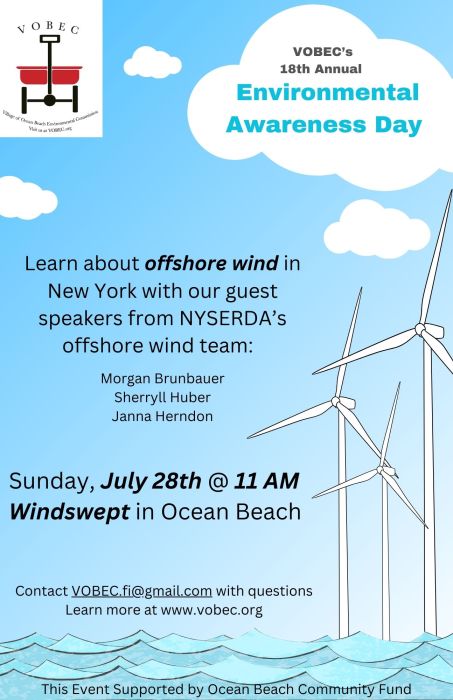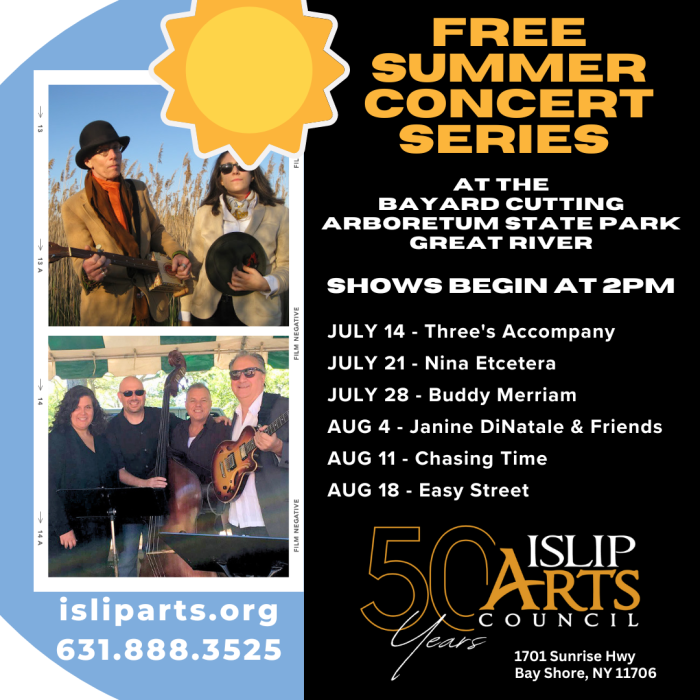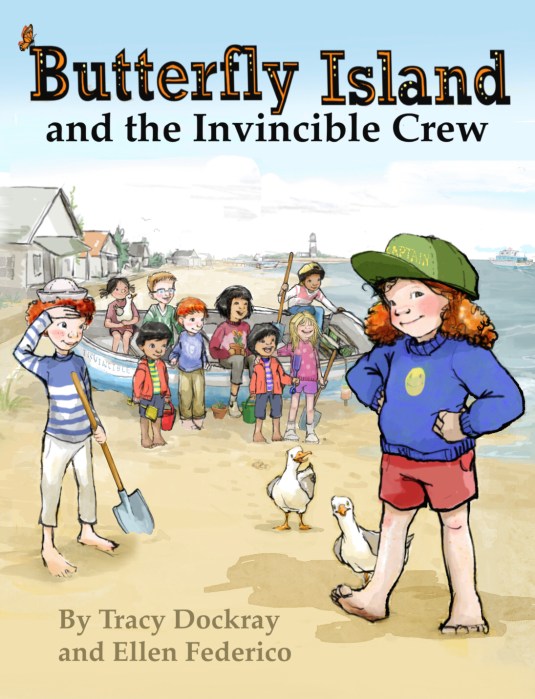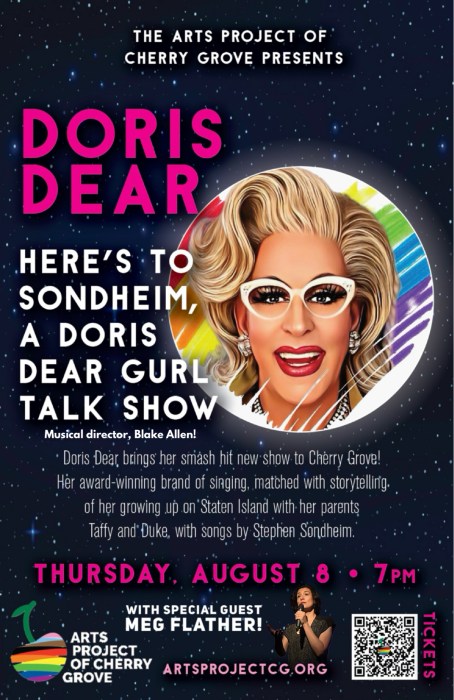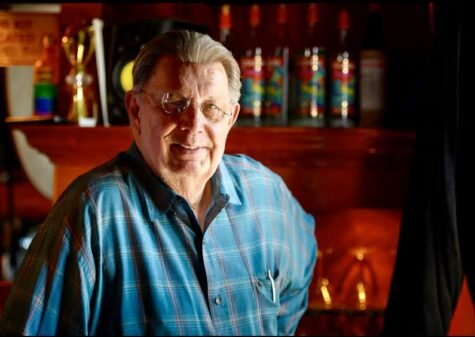
Tree proudly refers to himself as a veteran of the Stonewall uprising. He was standing at Ground Zero – the dance floor of the now landmarked bar – the night the cops came barreling in, and personally witnessed the historic events unfold before his own eyes. Tree has spent a lifetime devoted to LBGTQ causes, having held positions as Former Emperor and Father of the Northeast for Life of the Imperial Court of New York, a fraternal organization devoted to raising awareness and support of services for the LBGTQ community. The Pride legacy lives on.
Fire Island News (FIN): Where does the name Tree Sequoia come from – is it your birth name, or did you change it?
Tree: Tree Sequoia I only use on Facebook because they wouldn’t let me have one name. The whole world knows me as just one word – Tree. I was born another name, and then I was Tree Top for years. Then I became Fredd E Tree, and for the last 50 years or more, I’m just plain Tree. It’s because of my height – I’m 6 feet 5-1/2 inches. My family didn’t know anything about my sexual orientation back in the day, so it was easier to hide under that name. When they found out, it was too late to change it because everybody already knew me as Tree.
FIN: Where does your involvement with Stonewall stem from?
Tree: I’m still a bartender there at age 80. Way back then, I was working at Mama’s Chick N Ribs right around the corner from Stonewall, and my friends and I used to go there to dance. We knew not to drink the liquor because friends of ours told us they watered it down at the end of the day, and God knows what they put in the bottles. But we didn’t care about the liquor, we were just there to dance with each other. It was against the law to serve homosexuals alcohol and for them to dance together. I went to jail many times just for being in gay bars. That night, I was in Stonewall dancing with three of my friends – my friends Frankie and Charlie and a Catholic priest named Gregory – we didn’t know it was going to be the raid of all raids.
FIN: What were the riots and the raid itself like?
Tree: I always say I was at the wrong place at the right time. When the raid came, we heard screaming from the other side of the room. We knew it was a raid, but we didn’t know which raid. We were worried about Gregory, because he was a Catholic priest in the year 1969 – think about that. One of the cops in the raid was a neighborhood cop and a real nice guy, and he gave us the high sign to sneak out on the side. Then we were outside the whole day after, chanting and annoying the cops and we were having the time of our lives. At some point we heard the window crash, we heard rumors it was a high heel but if you think about it, a high heel could never break a window. Then they said it was a rock thrown by Marsha P. Johnson, but years later, she admitted she didn’t get there until it was half way over. To this day, nobody knows. Two people actually pulled a parking meter out of the ground by shaking it until it became loose, concrete at all, and used it as a battering ram to get to the police. A police car was set on fire, they broke the lock on a paddy wagon and everybody escaped it. We were having the time of our lives, throwing things and such. In the movie “Stonewall” they have people squirting lighter fluid in the doors. That’s not correct – nobody carried lighter fluid. We lit the garbage cans in the neighborhood on fire, and threw them through the broken windows with the police still in it. That’s when the riot squad had to come because it was against the law to set the bar on fire with police in it. When we saw the riot squad come, my friends and I ran to Mama’s Chick N Ribs and said if the cops came in, we’d swear we were there the whole night long and were never at Stonewall. But they never came in. Now normally after a raid they would throw us in jail overnight, we would go to a judge the next day, and the judge would either say, ‘You’re wasting my time, go home’ or ‘You’re a bunch of perverts, $20 fine.’ We would go back to the bars the next night.
FIN: What do you do aside from bartending at the Stonewall Inn?
Tree: I have been bartending on that same block in different bars for about 50 years, and at Stonewall on and off for 22 years. Otherwise, I consider myself retired. On my days off I stay home and lock myself in or I go out, hang out with friends, and go to parties. Normally May and June every year I go to Pride events, but this is a big year so I’ve been doing them for months. I just came back from Europe Pride and did a speech before 75,000 people with the president of Austria. I was also in Italy, Kentucky, Chicago and Rhode Island. I’m going to Portland to speak about diversity, then I come back and go to England, and then I go to Christopher Street Day in Germany, which is their Pride event. I’ve also been invited to Belgrade, Montreal, and next year I’ll be in Greece for Europride.
FIN: What was life like before the Stonewall riots?
Tree: In those days, we had nothing, no rights, no nothing. Somebody could call up your job and say you’re a homosexual, you got fired instantly. You could be evicted from your own apartment. Nowadays we’re very well protected, we have gay marriage, gay rights. I was a happy person in those days with nothing, and I’m still happy now with everything we have. As long as nobody bothered me back then, I was having the time of my life.
FIN: Who were important people to you around this time?
Tree: There was Marsha P. Johnson and Sylvia Rivera who was a drag queen then, not transgender. Mayor Lindsay was the one that told police to leave the village and also the one to calm everyone down. He told the cops to be good, he told us to be good, and everything was eventually relaxed.
FIN: What did you expect to come from the initial Stonewall riot?
Tree: I didn’t expect anything to come from this. You look back at the second Pride Parade, it started as a small street fair with only gay bars and restaurants participating, nobody else. Now you have people and businesses from everywhere – everyone that used to hate us now wants to march with us. The State Department came to Stonewall one day and asked me to do an interview for TV, and I said, ‘Twenty years ago you wanted to kill me, and now you want to talk to me.’ The guy didn’t know what to say. I did do the interview though.
FIN: What long-term effect of the first Stonewall riot are you most surprised by today?
Tree: I’m very surprised that Commissioner Jimmy O’Neill recently apologized for the police department at Stonewall. Even the officer who led the first Stonewall raid apologized to the gay community just before he died. Remember, it was considered a disease to be gay in those days. Now they know it’s part of one’s lifestyle.
FIN: How is your life today?
Tree: I’ve always felt comfortable with myself and my lifestyle, and I feel great today. I just celebrated 51 years in my apartment and my 80th birthday, and if you saw me you would say, ‘No, he’s 60, maybe 65.’ That’s my good Russian blood and a lot of vodka. I go out to Fire Island to see my friends, and I’m coming out there again soon because I want to see Bobby Levine and all my other Fire Island friends. I’ve known Bobby for more years than you want to count. I intend to die with 15 cents in my pocket, because who am I going to leave it to, and I’m hoping I die behind the Stonewall bar making someone a drink.
FIN: How has your involvement with the Stonewall Inn impacted you?
Tree: The Stonewall Inn is like my family. When I was in Europe, I saw a book written about it where a man called it a temple. I call the building itself a gay Mecca. People from all over the world come to visit and take pictures of it, and it’s home for everybody,



